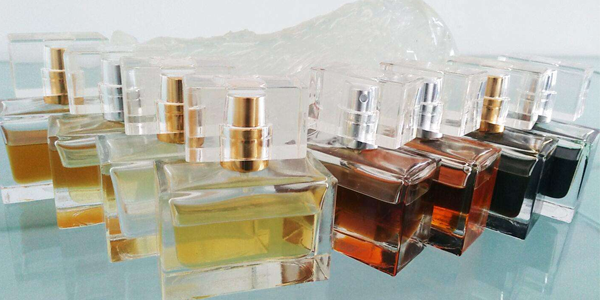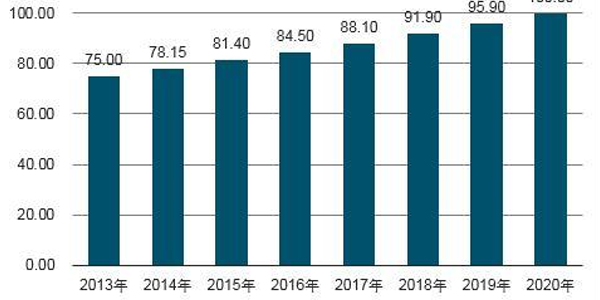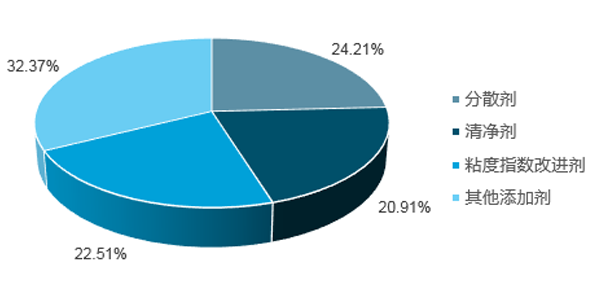Do you know the antiseptic and bactericide in metalworking lubricating materials?
Time:2020-07-27 10:49:06
views:
Most metalworking fluid itself has the conditions of bacteria, mold and other microorganisms to breed and multiply, which is easy to rot and deteriorate. Adding antiseptic and bactericide can effectively kill and inhibit microorganisms and prolong the service life of processing fluid. In recent years, due to the increasingly stringent environmental protection laws and regulations, the use of toxic and harmful antiseptic and bactericide is restricted, so it is necessary to continuously research and develop new antiseptic and bactericide. The new antiseptic and bactericide should have the characteristics of high efficiency, low price and no pollution. According to the Japanese patent, copper salt made from oleic acid, stearic acid and other carboxylic acids has anti-corruption ability for more than one year. According to the U.S. literature, copper citrate also has good antibacterial effect, with the addition of 300 μ G. Many famous cutting fluid manufacturers and fine chemical enterprises provide antiseptic and bactericide that meet the requirements of environmental protection.
From the point of view of environmental toxicity, the toxicity of oil products produced from animal and plant raw materials to aquatic and terrestrial organic matter is 5-10 times lower than that of mineral oil. According to the European cecl33a94 test method, the biodegradability of vegetable oil, polyol ester and diester as base oil can reach 100%. However, the raw materials and production process of synthetic base oil are not necessarily environmentally friendly. Vegetable oil is a renewable resource. It is the main trend of environmental friendly lubricants to replace mineral oil with vegetable oil because of its good lubricity, excellent biodegradability and sustainable production.
There are also some kinds of traditional additives that can be used in environment-friendly cutting fluid, which can continue to be used in environment-friendly cutting fluid. For example, the water pollution grade of sulfurized fatty acids is 0, and the biodegradation rate is more than 80%, which is suitable for use as extreme pressure additive of environment-friendly cutting fluid; calcium dialkylbenzenesulfonate and ashless sulfonate are close to the requirements of environment-friendly additives; the biodegradation rates of rust inhibitor succinic acid derivatives and benzotriazole meet the requirements of environment-friendly additives; benzotriazole is widely used It is reported that a new anti tarnishing agent for brass was developed by using low molecular weight polyvinyl butyral and benzotriazole as the main components. It has a considerable thickness and multilayer structure. Benzotriazole not only forms complex with brass surface, but also interacts with resin components to play a cross-linking coupling effect, which overcomes the shortcomings of single benzotriazole film At the same time, it has excellent air and salt water corrosion resistance, and is easy to use and has no pollution of chromium.
Related news
-

Review of China's crude oil market and prospects for 2020
-

Heavy weight! CNPC and Sinopec official announcement: pipeline related major assets will be sold to national pipeline network
-

Base oil Morning Post: the market price of class I and II base oil continued to decline steadily
-

Why should antioxidant and anti-corrosion agent be added into lubricating oil?









